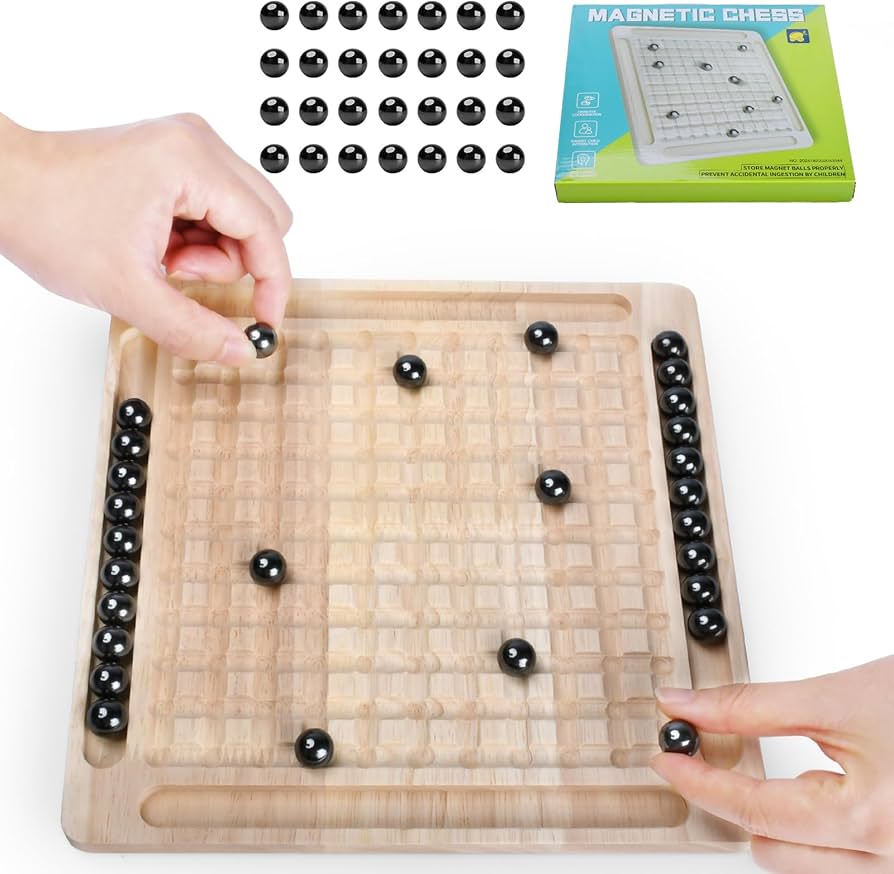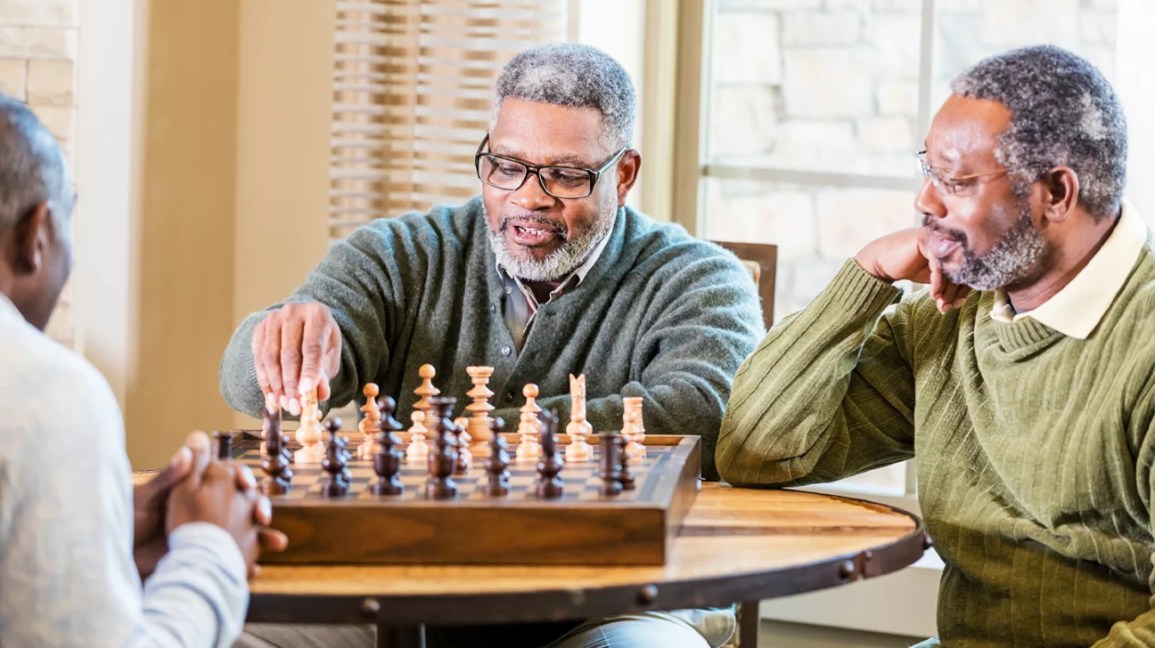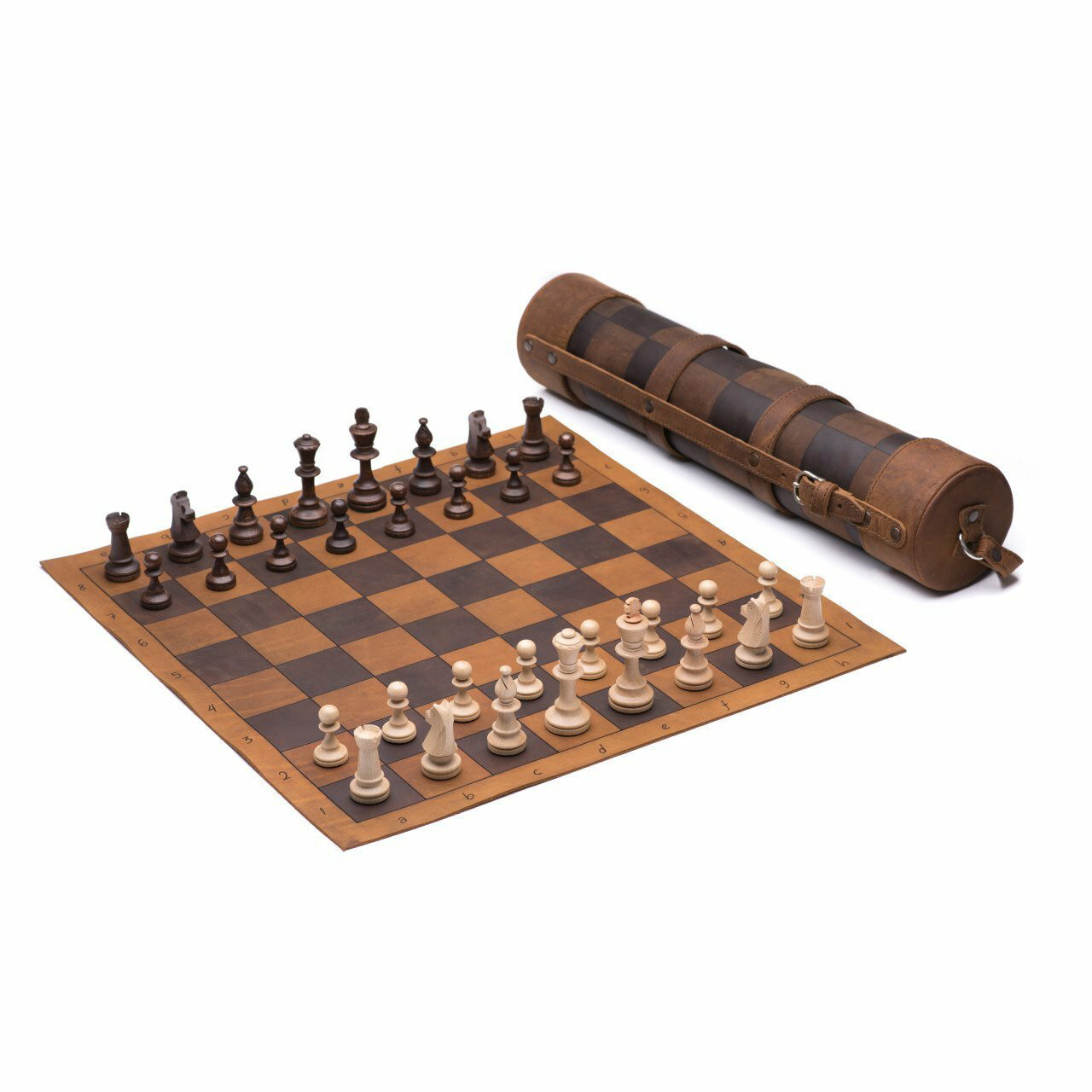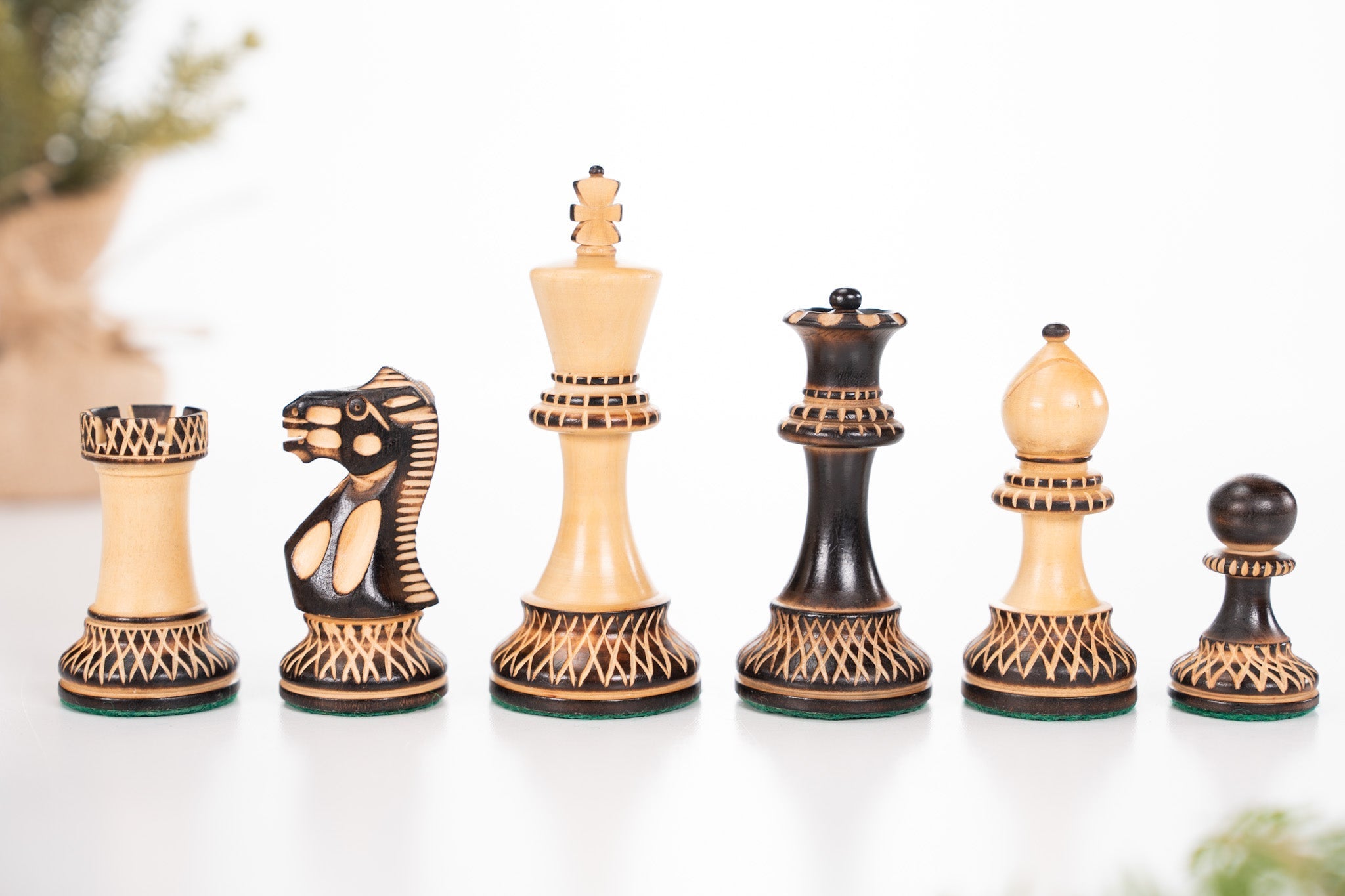Chess clocks are essential tools in competitive chess. They keep the game fair and exciting.
In the world of chess, the clock is as crucial as the board and pieces. It ensures both players have equal time to make their moves, adding a layer of strategy and urgency. Without a chess clock, games could drag on indefinitely, leading to dull and unbalanced matches.
Chess clocks come in various forms, from traditional analog to modern digital versions. Each type offers unique features, catering to different levels of play. Understanding how to use a chess clock properly can significantly enhance your chess experience. Whether you are a beginner or a seasoned player, knowing the importance of a chess clock is vital for improving your game and enjoying this timeless sport.
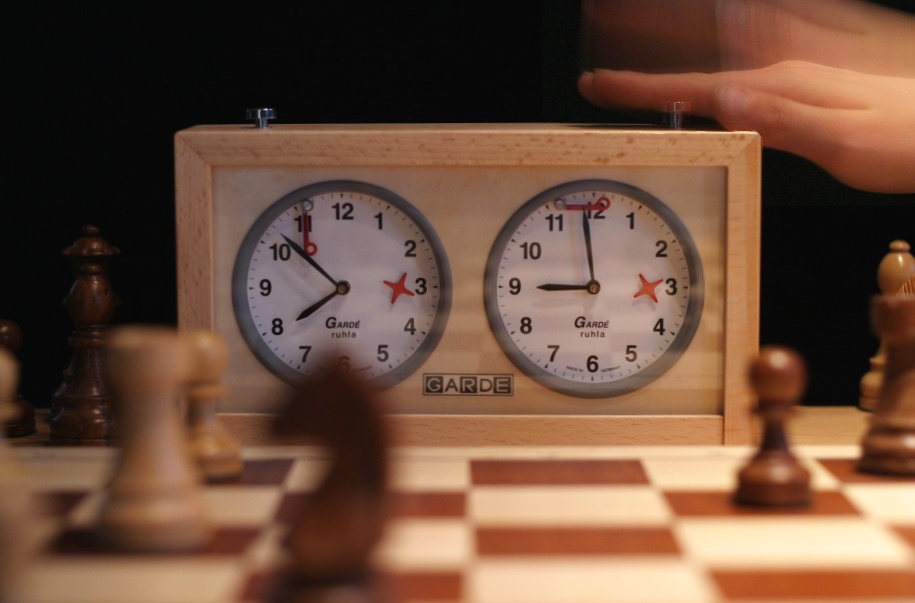
Credit: en.wikipedia.org
Introduction To Chess Clocks
Chess clocks are an essential tool in the game of chess. They ensure fair play and keep the game moving. These devices help players manage their time efficiently. Chess clocks consist of two timers, one for each player. When one player makes a move, they press their button, stopping their timer and starting their opponent’s. This process continues throughout the game.
History Of Chess Clocks
The first chess clocks appeared in the 19th century. Before that, games could last for hours or even days. The earliest versions were simple hourglasses. In 1883, Thomas Wilson introduced the first mechanical chess clock. This invention changed the game. Later, digital clocks emerged, offering more precise timing. Today, players use both mechanical and digital clocks.
Purpose Of Chess Clocks
Chess clocks serve several important purposes. They ensure that both players have equal time. This balance prevents one player from taking too long. It also adds a strategic element to the game. Players must think quickly and manage their time well. Chess clocks also make tournaments more organized. They help keep matches on schedule and allow for fair competition.
| Type of Clock | Features |
|---|---|
| Mechanical | Durable, reliable, classic design |
| Digital | Precise timing, various settings, easy to read |
Using a chess clock can improve your game. It teaches you to think under pressure. It also helps you develop better time management skills. Whether you are a beginner or an experienced player, a chess clock is a valuable tool.
Types Of Chess Clocks
Chess clocks come in different types. Each type has its own unique features and benefits. Let’s explore two main types: Analog Chess Clocks and Digital Chess Clocks.
Analog Chess Clocks
Analog chess clocks have been used for many years. They have two main parts: two clock faces and a lever. Each player controls one of the clock faces. When a player finishes their move, they press the lever. This stops their clock and starts the opponent’s clock.
Analog clocks are mechanical. They do not need batteries. They are reliable and easy to use. Many players like the classic look and feel of analog clocks. They are also very durable. Even if they fall, they usually do not break.
| Advantages | Disadvantages |
|---|---|
|
|
Digital Chess Clocks
Digital chess clocks are more modern. They use electronic displays to show the time. These clocks are very precise. They allow players to set exact times and time controls. Digital clocks also offer many features that analog clocks do not have.
For example, digital clocks can have different time settings for each player. They can also add extra time after each move. This is known as “increment.” Digital clocks are often used in official tournaments. They provide a high level of accuracy and flexibility.
| Advantages | Disadvantages |
|---|---|
|
|
Basic Features Of Chess Clocks
Chess clocks are essential tools in competitive chess. They ensure fairness and keep the game moving. Understanding their basic features helps you use them effectively.
Time Controls
One of the key features of a chess clock is its time control settings. These settings determine how much time each player has for their moves. Common time controls include:
- Blitz: 5 minutes per player
- Rapid: 15 minutes per player
- Classical: 60 minutes per player
Time controls make each game type unique. They challenge players to manage their time wisely. You can adjust the clock to suit different game formats.
Increment And Delay
Chess clocks often feature increment and delay options. These options add extra time to a player’s clock after each move.
Increment: Adds a set number of seconds after each move. For example, a 5-second increment means 5 seconds are added after every move. This helps prevent time pressure.
Delay: Pauses the clock for a set number of seconds before starting. For example, a 3-second delay means the clock waits for 3 seconds before counting down. This allows quick moves without time loss.
Understanding these features is crucial. They influence game strategy and time management. Use the right settings to suit your playing style.
Setting Up A Chess Clock
Setting up a chess clock correctly is crucial for a fair game. The clock ensures that each player has equal time to make their moves. This section will guide you through the initial setup and adjusting time controls on a chess clock.
Initial Setup
Firstly, place the chess clock beside the chessboard, ensuring both players can easily reach it. Most chess clocks have two buttons on top, one for each player.
Next, check the batteries or plug in the clock if it’s electronic. Make sure it’s in good working condition. Familiarize yourself with the basic functions, such as starting, stopping, and resetting the timer.
Adjusting Time Controls
Different chess games require different time controls. Here are the steps to adjust them:
- Turn on the clock.
- Select the mode (e.g., Blitz, Rapid, or Classical).
- Set the total time per player. For example, 5 minutes each for Blitz.
- If needed, set the increment or delay time. This is the extra time added after each move.
Make sure both players agree on the time settings before starting the game. This avoids confusion and disputes later.
Understanding how to set up and adjust your chess clock can significantly enhance your playing experience. It ensures fairness and keeps the game exciting.
Using Chess Clocks In Tournaments
Using chess clocks in tournaments is crucial. They ensure fair play and keep the game moving. Each player has a limited time to make their moves. This adds excitement and pressure. Chess clocks are essential for serious players and events.
Tournament Rules
In chess tournaments, rules about clocks are strict. Players must hit the clock after each move. This signals the opponent’s turn. If a player runs out of time, they lose the game. Clocks keep the competition fair and equal. Everyone gets the same time to think and play.
Common Scenarios
In tournaments, players face various clock scenarios. Sometimes, players get into time trouble. They have many moves left but little time. This forces quick thinking and rapid moves. Clocks also prevent long delays between moves. Players can’t stall or waste time.
Chess clocks add a layer of strategy. Players must manage their time wisely. They need to balance speed and accuracy. This makes tournaments more challenging and exciting.
Benefits Of Using Chess Clocks
Chess clocks are vital in competitive play. They help ensure fair and exciting games. Using a chess clock offers many benefits. These advantages improve both the player’s skills and the game quality.
Improving Time Management
Chess clocks teach players to manage their time wisely. Each player has a limited amount of time to make all their moves. This setup forces players to think and act quickly. It helps prevent unnecessary delays during the game. Efficient time management is a valuable skill in chess and life.
Enhancing Focus And Discipline
Playing with a chess clock demands high concentration. Players must stay focused to avoid running out of time. This increased focus leads to better decision-making during the game. The discipline gained from using a chess clock extends to other areas. Players learn to think critically and make decisions under pressure.
Popular Chess Clock Brands
Chess clocks are essential for competitive chess, ensuring fair play and time management. Popular brands offer reliability and precision. Let’s explore some of the leading chess clock brands known for their quality and performance.
Dgt
DGT (Digital Game Technology) is a renowned name in the chess world. They offer a variety of digital chess clocks suitable for all levels. Here are some key features:
- Accuracy: Precise timekeeping for fair gameplay.
- Durability: Sturdy design for long-lasting use.
- Ease of Use: User-friendly interface.
DGT clocks are often used in major tournaments. Their reliability makes them a favorite among professional players. You can choose from models like the DGT 3000 and DGT North American, each offering unique features.
Chronos
Chronos clocks are another top choice for serious chess players. Known for their robustness and high-quality performance, Chronos clocks stand out with the following features:
- Durability: Built to withstand heavy use.
- Precision: Accurate timing for competitive play.
- Customizability: Multiple time control settings.
Chronos clocks are popular in tournaments due to their reliable performance. Models like the Chronos GX and Chronos II are well-regarded for their advanced features and durability.
| Brand | Key Features |
|---|---|
| DGT |
|
| Chronos |
|
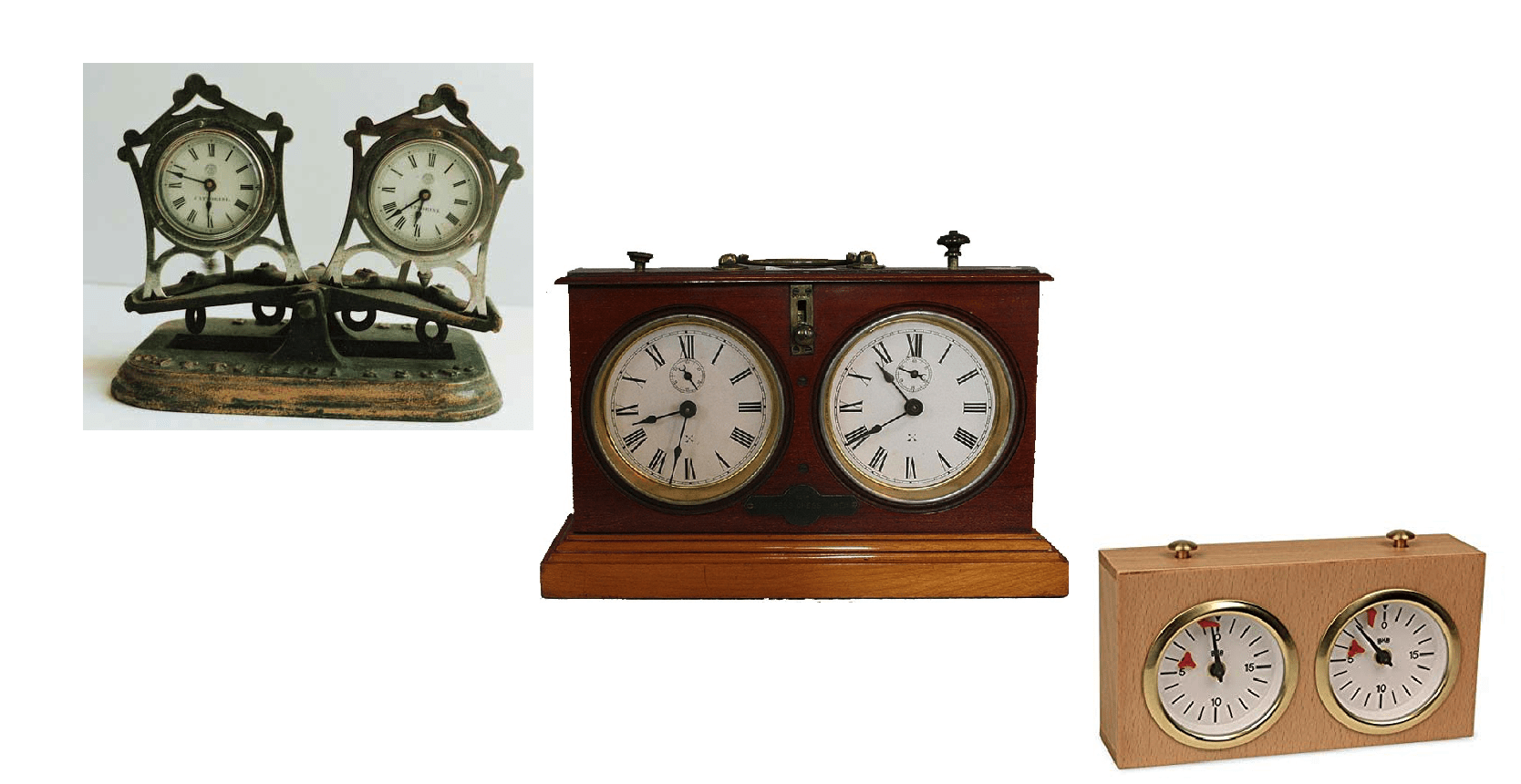
Credit: www.chess.com
Tips For Choosing A Chess Clock
Choosing the right chess clock can enhance your playing experience. It helps you manage time effectively and adds excitement to your games. Here are some tips to help you make the best choice.
Budget Considerations
First, decide how much you want to spend. Chess clocks range from budget-friendly to high-end models. Set a budget that fits your needs. Remember, a higher price does not always mean better quality. Many affordable options offer excellent features.
Features To Look For
Look for a clock with clear, easy-to-read displays. Digital clocks often have more features than analog ones. Consider a clock with different time controls such as increment and delay. Make sure the buttons are easy to press and responsive. Portability can be important if you plan to carry the clock to tournaments. A sturdy build will ensure it lasts longer.
Check if the clock has a low battery indicator. This feature can save you from unexpected interruptions. Some clocks come with additional features like sound alerts. Decide which features are essential for your playing style.
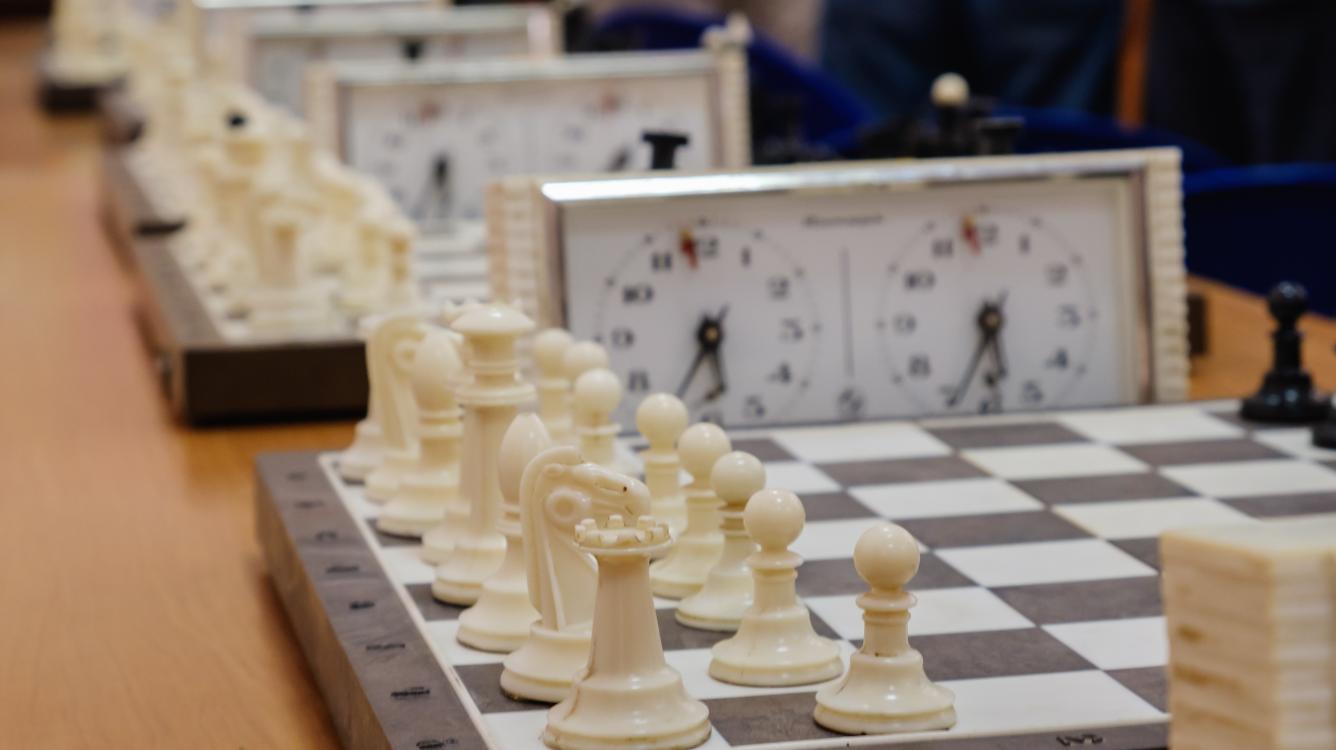
Credit: www.chess.com
Conclusion
Chess clocks play a crucial role in the game. They keep matches fair and exciting. By managing time, players can sharpen their skills. Understanding how chess clocks work enhances your game experience. Whether you’re a beginner or a seasoned player, using a chess clock benefits your gameplay.
Practice with a chess clock to improve decision-making. Enjoy the challenges and thrills it brings to every match. Investing in a good chess clock is essential for serious players. Remember, time management is key in chess. Happy playing!

